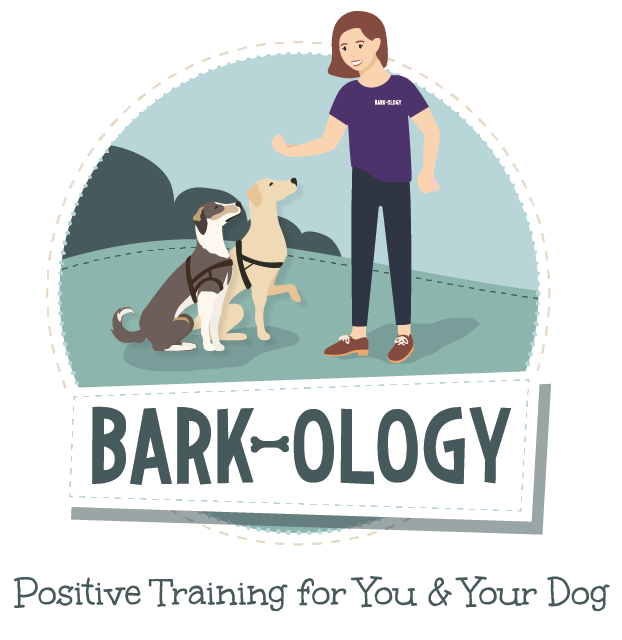Puppy Power!
Have you had a new puppy? Are you struggling to know where to start?
Having a new puppy in the house is of course cause for much joy and celebration. Super cute fluffy pup and everyone is oh so excited. Then comes the reality, sleepless nights, toilet training, biting toes and chewing shoes. All totally normal dog behaviour but doesn’t quite fit in with our lifestyles. Many people struggle, get frustrated. Why can’t the dog just do it! Well of course they are dogs, they don’t speak human any more than you speak dog and then there is the bit that is all too easy to forget. They are babies. You have the equivalent of a toddler in your home. Would you expect them to behave? Sleep? Be toilet trained and be perfectly behaved. No of course not. So be kind, be patient and set them up for success and long and happy life together.
How do you set your new pup up for success?
It’s easier to make a positive start than you might think.
The problem is usually our expectation, dogs do not fully mature until a least 18 months. So, in that time you are going to go through developmental stages from a toddler to adolescence, they are not going to be perfect all the way through they are going to make mistakes, find the world exciting and make poor choices. Put in the work, be consistent, be kind and you will be well on your way to having the perfect pooch to share your life.
Sleep - Make sure they have enough time to rest and snooze. Young dogs need at least 18 – 20 hours of rest, sleep and passive calming activities. Give them a safe space to rest, provide healthy chews, use enrichment, kongs, toppls, snuffle mats and lick mats to feed them. If they are asleep leave them. Teach them to settle. Remember a tired pup just like a tired toddler are not fun to be around! Read this fantastic blog by Elle Green for loads of top tips on puppy biting HERE
1) Training – start early. Little and often and make it fun! Be consistent, build a ‘cue dictionary’ agree as a family about the words you are going to use. Use part of their daily food allowance to reward and teach the basics, sit, down, recall. Be generous with your rewards, and take time to work out what your dog finds particularly rewarding. That could be primula cheese or a toy but avoid just presuming.
Exercise – Puppies don’t need extensive walks whatever the breed. If you have 20 minutes spend 5 doing some loose lead exercises, 5 doing recall, 5 doing a sniffy walk and 5 doing some sit and down practice. You will have spent quality time with your pup and builds a great foundation for training. Brain games and enrichment are both tiring and do not cause strain on young joints.
1) Socialisation - Socialisation and habituation is probably the most critical stage. If your puppy is not vaccinated take them out in your arms. Take them to different places, see and hear different sounds, people, feet on different surfaces, let them take their time, never force them and pair it with positive rewards. Avoid letting them run up to and meet every dog or person you meet. Set them up for success, take them to quiet cafes and pubs teach them to settle. These are the building blocks to a calm and confident dog.
Want more information? Online training courses are great for dipping in and my Good Dog Level 1, 6-week online course has everything you need. Featuring three amazing trainers and their dogs, each week you will look at a range of behaviours and gradually build your skills until you have the best-behaved dog in town! Start anytime, work at your own pace and you get unlimited access!
For full details use the link below:
If you are looking for in-person training we have regular puppy classes and also offer 1-2-1 support if you want the very best start for your puppy. Just email info@bark-ology.co.uk for information.
Karen, Elle, Mary and Kate
Bark-ology



